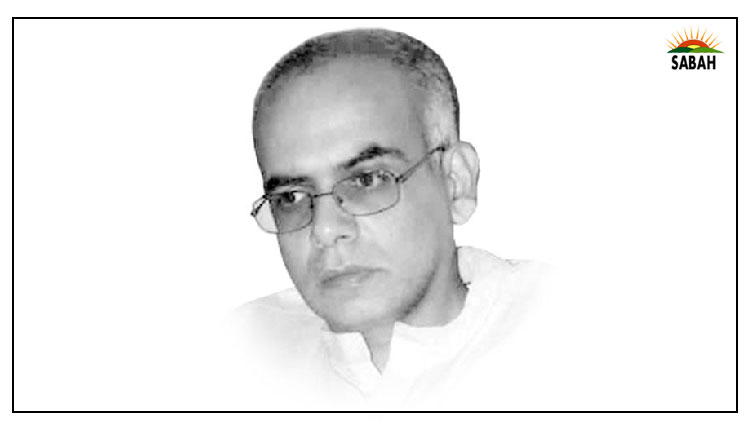Is neoliberalism promoting neofascism?… Syed Mohammad Ali
Seeing the far-right PMs of India, Israel and Italy extolling the virtues of democracy at the second Summit of Democracy recently organised by the Biden administration was teetering on the edge of absurdity. The principle of creating governance structures which can reflect the aspirations of ordinary people remains a noble pursuit. Yet, the lofty ideal of striving to achieve democracy keeps being derailed, manipulated and distorted in the world today.
Prominent politicians eloquently extoll the virtues of democracy and freedom while presiding over states which have thrived by enabling slavery, genocide of indigenous populations and imperialism. Many so-called democratic nations continue to exclude and marginalise vulnerable segments of society, including women and different religious or ethnic minorities.
While more drastic forms of exclusion such as the enslaving of people or preventing women from exercising the right to vote may no longer seem tenable, a powerful country like the US, which portrays itself the promoter of democracy around the world, continues to struggle with racial and ethnic discrimination. Populist leaders in many other countries which call themselves democracies also readily use overtly xenophobic or exclusionary tactics to grab and retain power. PM Modi, for example, considers India to be the mother of democracy because the country has always elected its governments by holding elections.
Yet, the BJP under Modi has perfected the art of majoritarian rule enabled by ratcheting up persecution of minorities. The way the Israeli state treats Arab Israelis and Palestinians in its occupied territories is patently undemocratic. Yet, Israel has no qualms projecting itself as the only democracy in the Middle East.
It is important to note how the disconcerting corruption of democratic ideals has been taking place alongside increasing emphasis on economic liberalisation, and an almost fundamentalist faith in market mechanisms. Such neoliberal values are promoted not only by powerful nations such as the US, but also by prominent international entities like WTO, IMF and World Bank.
Neoliberal proponents aim to boost economic productivity, claiming that such measures will help alleviate poverty. Yet, in the past four decades or so since the effort to enhance globalisation via propagation of neoliberal reforms has picked up speed, the world has experienced immense economic growth coinciding with increasingly stark levels of inequality.
Drastic cuts to public spending and growing reliance on the private sector to provide social services have not been able to effectively cater to the most basic needs of the citizenry. The growing disgruntlement and anxieties of ordinary people remain unaddressed. These anxieties are instead manipulated by opportunistic leaders to blame migrants and other domestic minorities, by promoting ultra-nationalism.
Prabhat Patnaik, Professor Emeritus at Jawaharlal Nehru University, has pointed in his varied writings to neoliberalisms growing collusion with neo-fascist and autocratic leaders. Such trends are evident not only in India but in other autocratic countries such as Turkey under Erdogan, and, until recently, in Brazil under the leadership of Bolsonaro.
Patnaik argues that the failure of trickle-down economics has led neoliberalism to increasingly rely on an alliance between globally integrated capitalists and neo-fascist, autocratic and authoritarian rulers. Such unrepresentative and repressive rulers can deflect frustrations caused by the uneven nature of top-heavy economic growth by demonising the other be it the Indian Muslim minority, or migrant communities in the US or across Europe.
Problematic leaders like Modi continue to push for further liberalising agriculture, privatisation of remaining public enterprises and assertive promotion of big business interests. Exposes about the Modi governments close ties to the controversial tycoon, Gautam Adani, provide one example of the evident linkages between divisive leaders and major capitalists. Tiptoeing around Indias dismal human rights record to forge closer economic ties with its burgeoning economy is illustrative of the collusion between despotic rulers and western nations which remain primary beneficiaries of neoliberal agendas.
Scholars like Patnaik, who emphasise links between neo-fascism and neoliberalism, would probably not deny other factors at play in shaping our world order. The realpolitik agendas of nations maneuvering for geopolitical power, for instance, also exert major influence on the alliances that these nations form, and on the choice of human rights concerns they want to champion. Nonetheless, paying attention to the interlinkages between neoliberal and neo-fascist tendencies provides a compelling lens to understand the seeming contradictions prevalent within world politics today.
Courtesy The Express Tribune












